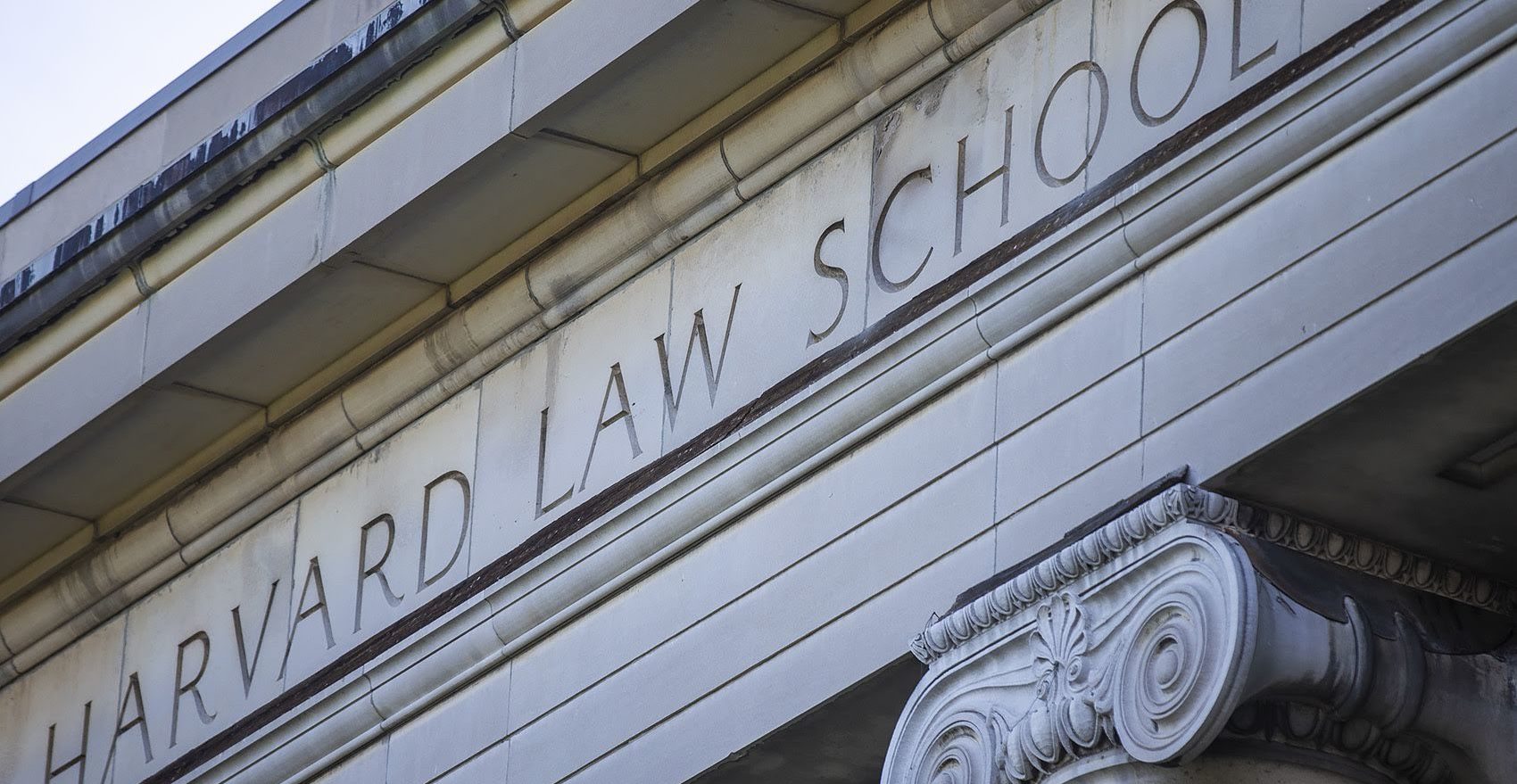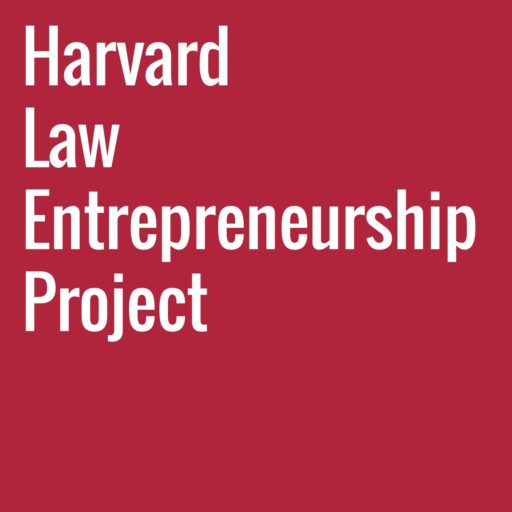The Harvard Law Entrepreneurship Project provides pro bono legal research and analysis to entrepreneurs in the Harvard and MIT community. We match entrepreneurs with teams of Harvard Law School students and an attorney supervisor who work together to answer legal questions over the project cycle of eight to ten weeks. Legal questions can cover a broad range of substantive subjects depending on the startup or nonprofit’s needs, and participating entrepreneurs will receive a report summarizing the team’s findings.
Please note: we are not able to provide international law advice or transactional services such as contract drafting, incorporation, or patent prosecution (although we can provide research assistance and advice on related legal issues). For help executing specific transactions, please consider the Harvard Transactional Law Clinics. Applicants must have a current affiliation with Harvard or MIT.
If you are an interested startup or non-profit founder in the Harvard/MIT community who would like to become a client of HLEP, please feel free to email Dylan Roache ([email protected]).
OUR TEAM
The HLEP executive team is comprised of startup, innovation, and technology enthusiasts, some of whom are former and current entrepreneurs. Learn about our passion for HLEP and how we serve the organization below. Law students interested in joining the board are invited to contact us to find out more about our roles.
ABOUT US

SERVICE
The Harvard Law Entrepreneurship Project provides pro bono legal research and analysis to entrepreneurs at Harvard and MIT. Participating entrepreneurs will receive a report summarizing the team’s findings.
Legal questions can cover a broad range of substantive subjects depending on the startup’s needs, including the venture, the founders, university policies, or government regulation. Concerns about incorporation are very typical questions that HLEP students might address, along with questions about copyright, trademark, immigration, employment, and state regulation. The scope of the project often depends on the number of jurisdictions in which you want to conduct business.
We then match entrepreneurs with teams of several Harvard Law School students and an attorney advisor who work together to answer legal questions over the project cycle of six to eight weeks. The final report may outline, for example, the nuances of the question and the common legal approaches that are used in practice.
ELIGIBILITY
HLEP provides services to projects that are affiliated with students at Harvard and MIT. If you have a Harvard or MIT student as part of the founding or core team, that is sufficient to qualify. Our services are primarily for ventures that do not have sufficient funding to hire their own attorneys.
PROCESS
HLEP has an application, available twice per year, in which entrepreneurs can describe their venture and their legal questions. We then host a “pitch competition” to put your idea in front of interested law students and attorneys. The pitch is not mandatory, but helps members get a sense of your needs. Students and attorneys rank projects by interest, entrepreneurs are selected, and teams are assigned—a team usually consists of four or five law students along with one or two attorneys. The team holds an initial intake meeting to further discuss your legal questions, then the students research answers during the semester, usually over the course of 6–8 weeks. The work product is a written report and a final outplacement meeting at which the students and attorneys walk you through the answers to the questions raised.
ACCESSIBILITY
Harvard Law School is committed to the full inclusion of students with disabilities in the life of the University. Students requesting accessibility resources or accommodations in any of HLS’s Clinical and Pro Bono Programs may work with Accessibility Services in the Dean of Students Office. If you are a student with a documented disability and you are requesting accommodations, please contact HLS Accessibility Services to discuss and register for accommodations.































